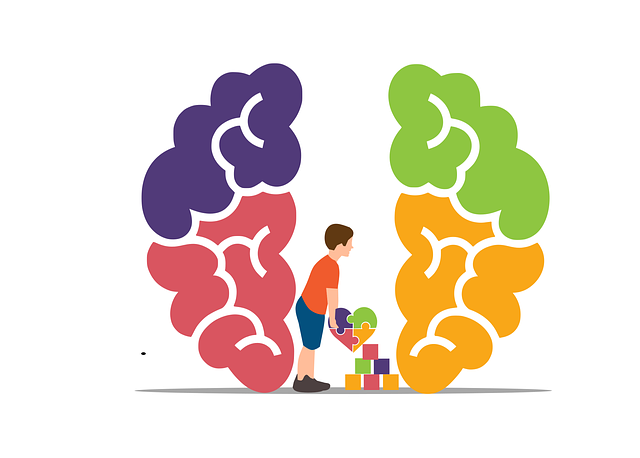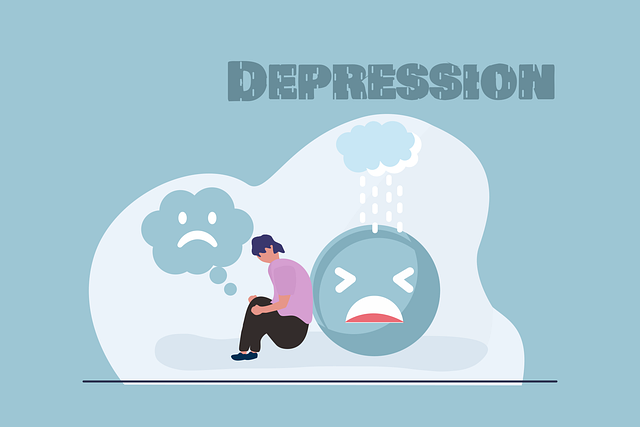Public awareness campaigns, incorporating storytelling, interactive tools like journaling, and mental wellness techniques, are powerful weapons against drug abuse in communities like Littleton. These initiatives educate individuals about risks, foster empathy, reduce stigma, and promote healthier alternatives. Evaluating their impact through surveys, interviews, and data analysis reveals promising results, including reduced substance misuse, improved mental health, and enhanced coping abilities in Littleton residents. Such campaigns hold long-term benefits for both individuals and communities.
Public awareness campaigns play a pivotal role in addressing pressing issues like drug abuse. This article delves into two key aspects: understanding public awareness, specifically focusing on the role of education in preventing Littleton drug abuse, and designing effective campaigns to engage and inform communities. Additionally, we explore measuring impact and success through evaluating the effectiveness of substance abuse therapy initiatives. By integrating best practices, we can create impactful strategies for a healthier community.
- Understanding Public Awareness: The Role of Education in Preventing Drug Abuse
- Designing Effective Campaigns: Strategies to Engage and Inform the Community
- Measuring Impact and Success: Evaluating the Effectiveness of Substance Abuse Therapy Initiatives
Understanding Public Awareness: The Role of Education in Preventing Drug Abuse

Public awareness campaigns play a pivotal role in enlightening communities about various issues, including drug abuse. In the context of Littleton Drug Abuse, education emerges as a powerful tool to prevent and mitigate substance abuse within the community. By integrating educational initiatives into public awareness campaigns, individuals can gain valuable knowledge about the risks associated with drug use, fostering an environment that discourages unhealthy behaviors.
Journaling exercises, mood management techniques, and risk management planning are effective strategies that can be incorporated into these campaigns. Mental wellness professionals can guide individuals in utilizing these tools as a form of prevention. Through storytelling, personal reflections, and structured activities, journaling can serve as a means to enhance self-awareness and mental clarity, providing an alternative outlet for emotions and thoughts often associated with substance abuse. Simultaneously, mood management techniques teach individuals how to regulate their emotional states without resorting to drugs or alcohol, while risk management planning equips them with tools to anticipate and navigate potential triggers and high-risk situations.
Designing Effective Campaigns: Strategies to Engage and Inform the Community

Public awareness campaigns play a pivotal role in educating communities about pressing issues like drug abuse and mental health. To be effective, these campaigns must go beyond simply conveying information; they should engage and empower individuals to take action. One proven strategy is to integrate storytelling that resonates with the target audience, showcasing real-life experiences related to Littleton Drug Abuse-Substance Abuse Therapy. This approach fosters empathy and helps combat stigma associated with seeking mental wellness support.
Additionally, leveraging interactive elements like Mental Wellness Journaling Exercise Guidance can encourage personal reflection and community participation. Workshops, social media challenges, and community events that promote open conversations about Emotional Regulation are also effective ways to engage people from all walks of life. By combining compelling narratives, interactive tools, and consistent messaging, awareness campaigns can foster a culture of care and support for individuals struggling with substance abuse or mental health issues.
Measuring Impact and Success: Evaluating the Effectiveness of Substance Abuse Therapy Initiatives

Evaluating the impact of public awareness campaigns and substance abuse therapy initiatives is paramount to understanding their effectiveness and making informed adjustments. Measuring success goes beyond simple participation; it involves tracking tangible outcomes and behavioral changes. By utilizing various evaluation methods, such as surveys, interviews, and data analysis, we can assess how these programs influence community perceptions, individual attitudes, and actions related to substance abuse.
For instance, in Littleton, Drug Abuse-Substance Abuse Therapy initiatives have shown promising results when measured against key indicators like reduced substance misuse rates, improved mental health outcomes, and enhanced coping mechanisms. The success of such programs often lies not only in the immediate effects but also in the long-term adoption of positive thinking, confidence-boosting strategies, and self-care routine development for better mental health. These shifts in individual and community behavior underscore the profound impact of well-designed public awareness campaigns.
Public awareness campaigns play a pivotal role in addressing issues like drug abuse, particularly in communities like Littleton. By combining education with engaging strategies, these initiatives can effectively inform and influence positive change. Measuring their impact is crucial to understanding the effectiveness of substance abuse therapy and ensuring resources are allocated where they matter most. Through continuous evaluation and adaptation, we can create a more informed and resilient society that tackles drug abuse head-on.














